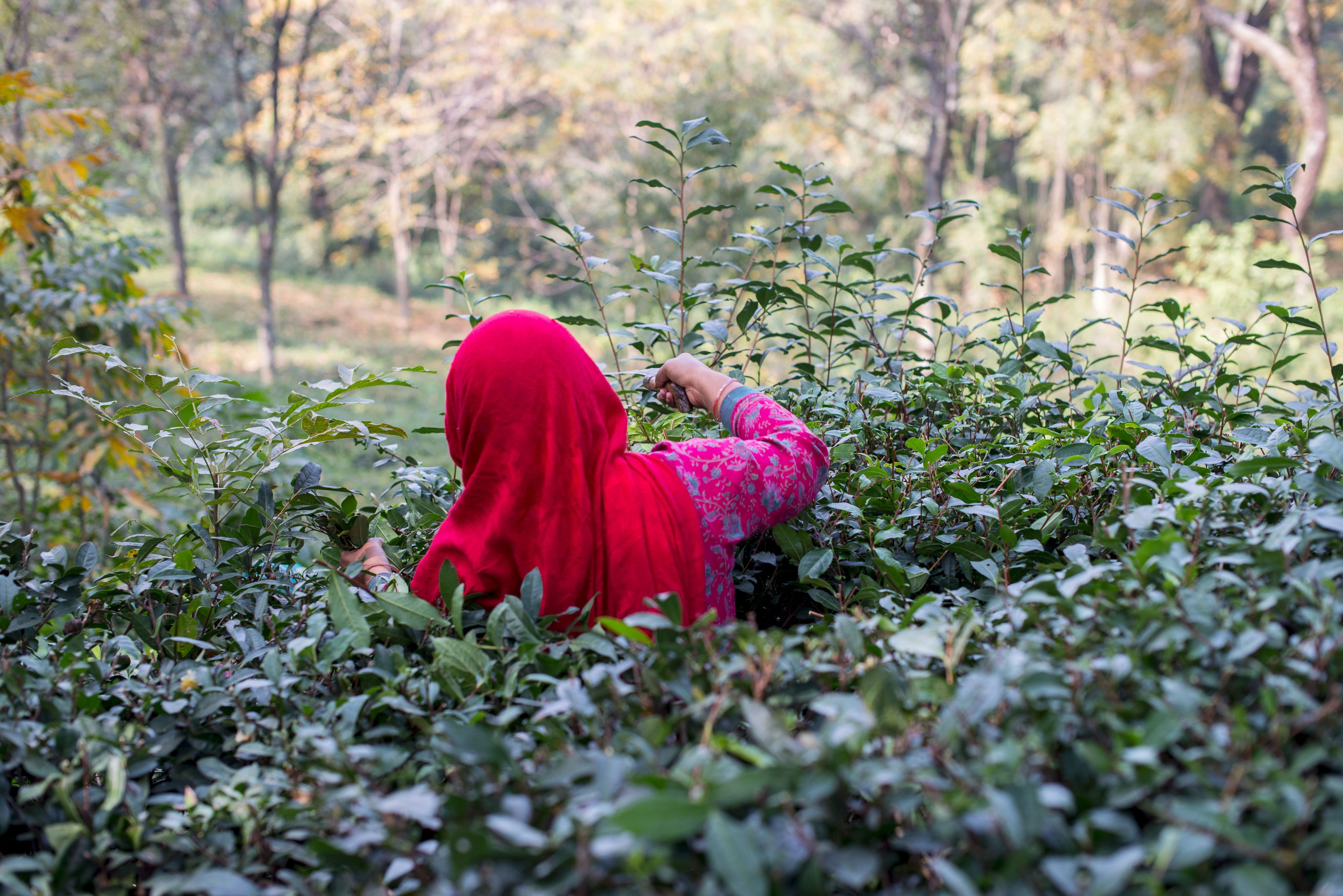
For people and planet: investing in regenerative agriculture
Our vision is to transform tea and herbals into climate-positive crops.
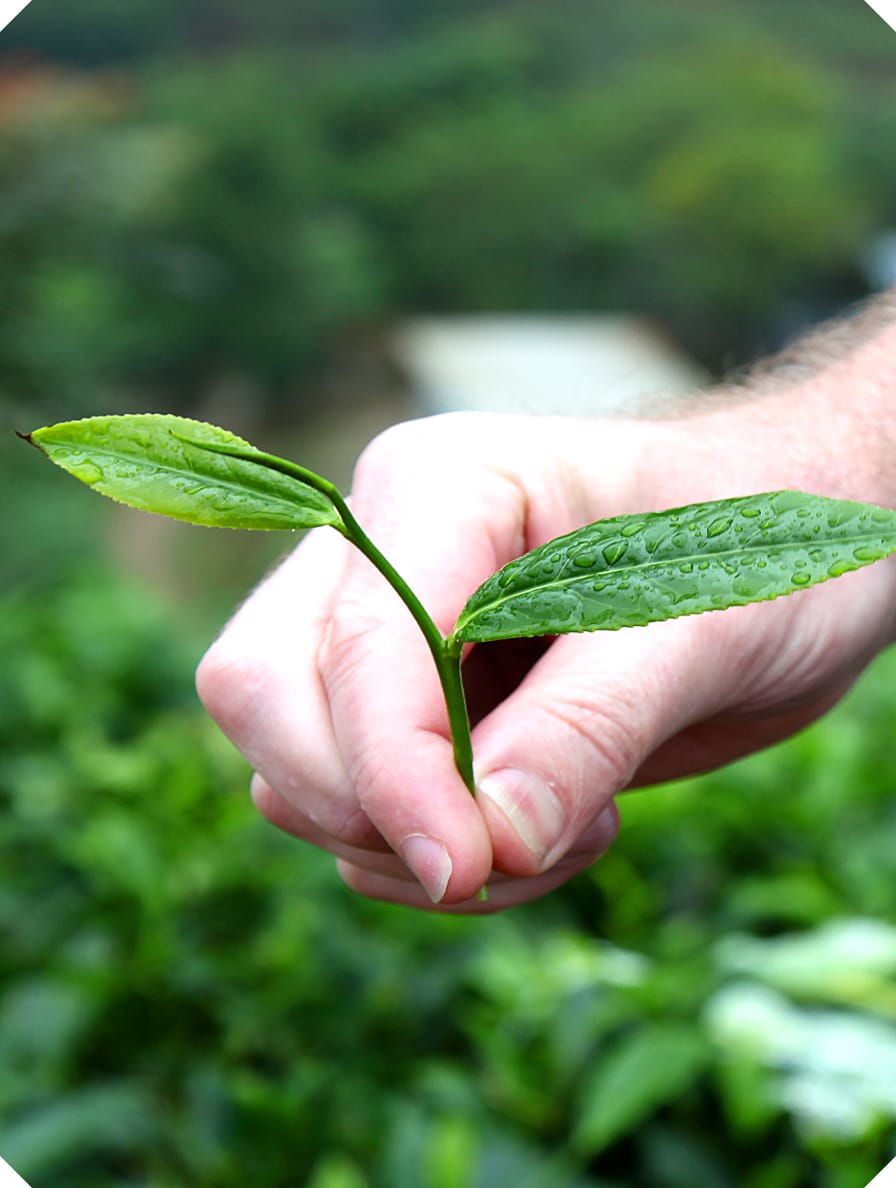
Drought and pest-resistant plants
Currently, the optimum tea-producing zone is 1500-2000 meters above sea level. However, it is predicted that by 2050, temperature changes will result in a required altitude of 2000-2300 meters. We can’t very well move our tea estates to higher altitudes, so we need to adapt our tea and improve our land management practices so that we can continue to produce great quality tea in the new climatic conditions. One of the ways we are tackling this challenge is through the development of new tea varieties that will be able to withstand droughts and higher temperatures.
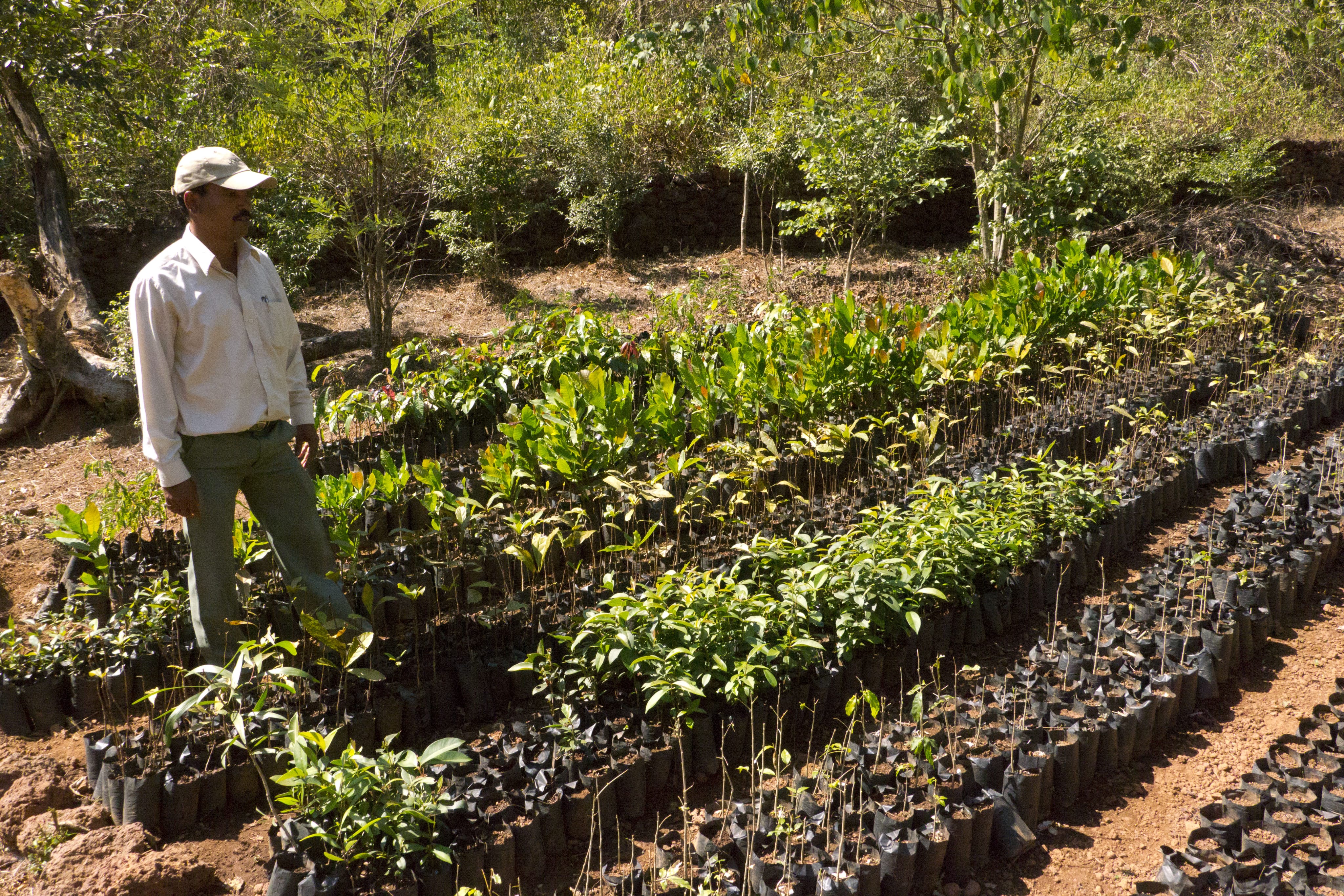
Our unique team of agronomists selects the most climate change resilient and high-yielding clones for replanting. Our innovative breeding techniques reduce the typical 15-year cycle by half to accelerate the development of more pest and drought-resistant varieties of Camellia sinensis. We have released 32 commercial varieties since we started the breeding program in 1990 and have been gradually re-planting our tea estates. These new plants provide drought tolerance, increase our yields and reduce our carbon footprint. We share them with smallholder tea growers who supply our factories and with the wider tea industry.
Farming with nature
The best farming practices deliver environmental as well as financial benefits. As a leading teas and herbals buyer, we encourage and support suppliers to improve their performance.
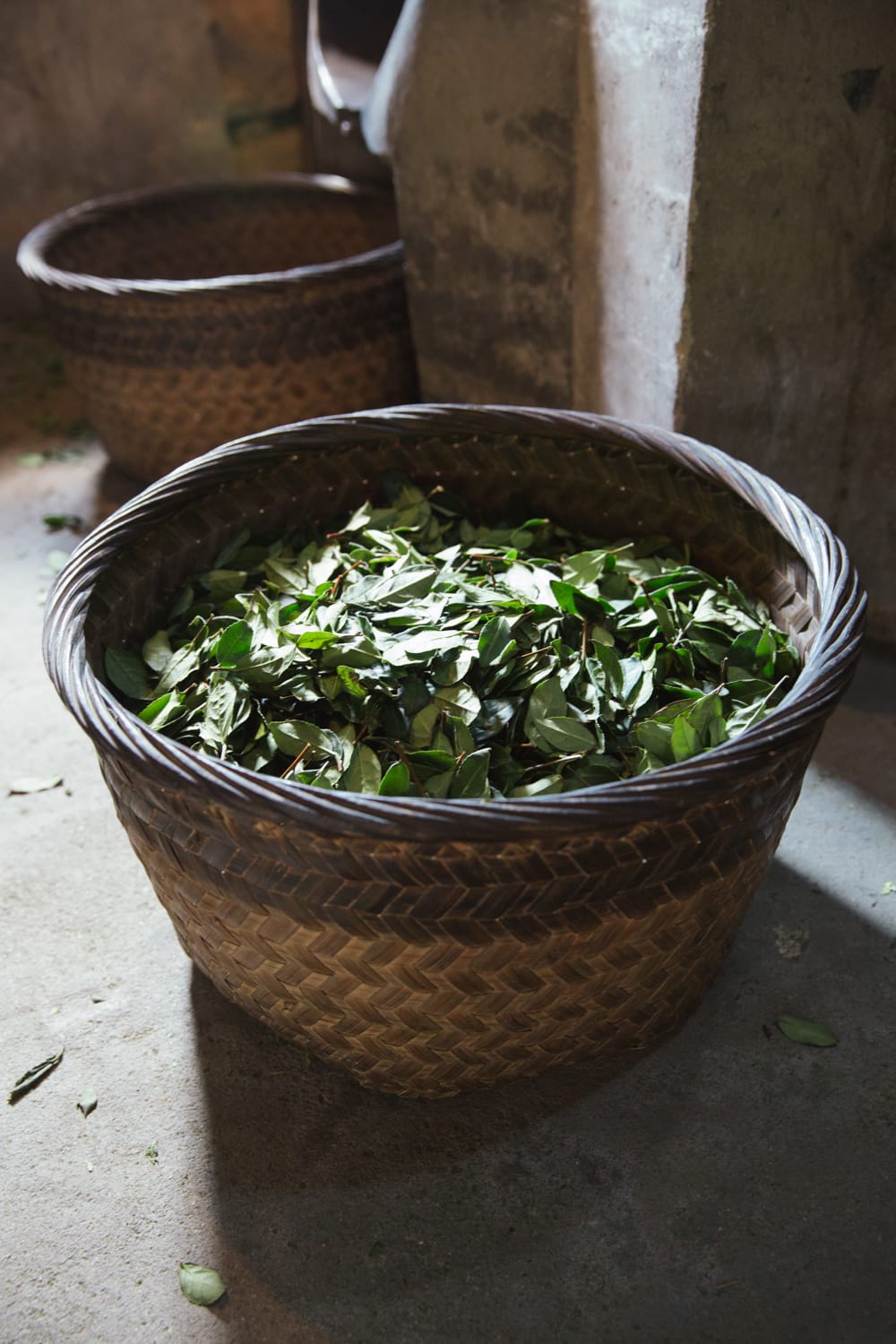
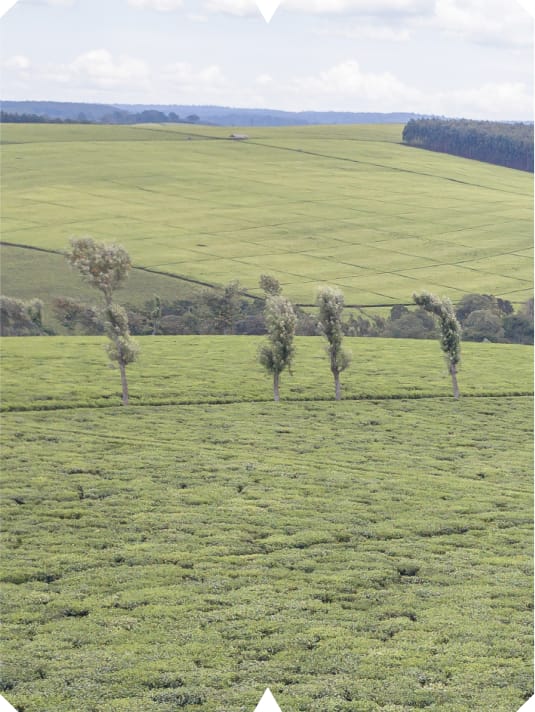
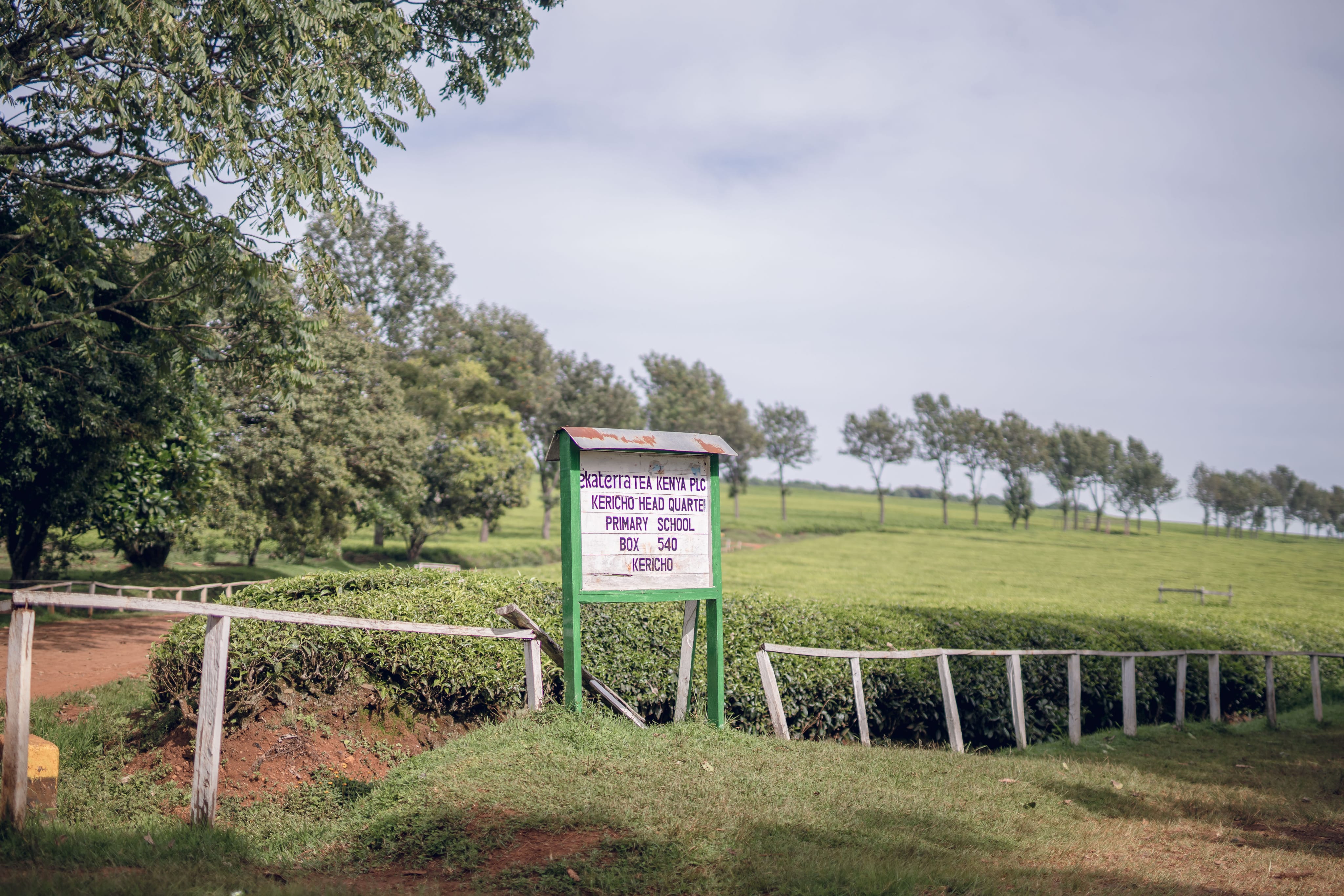
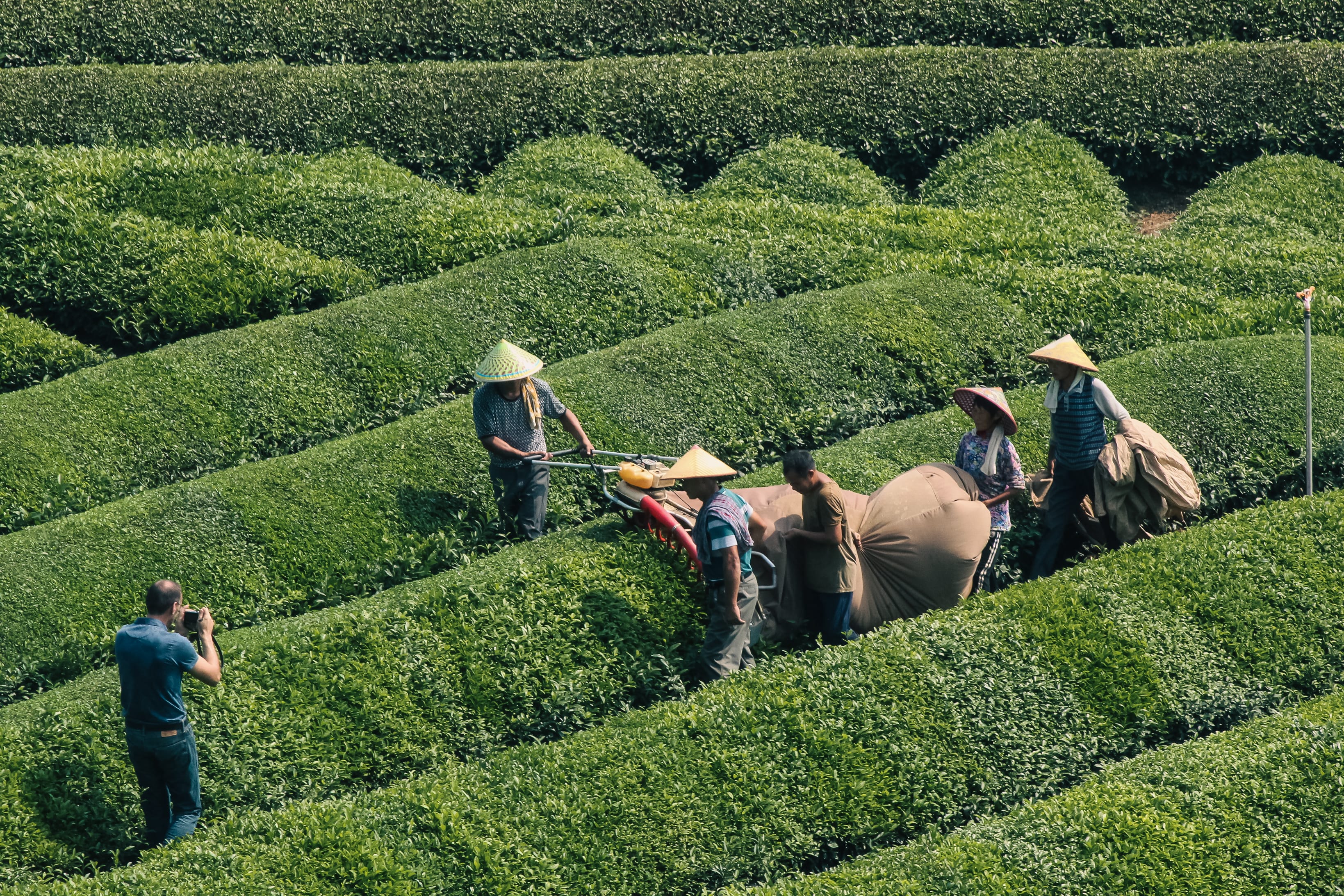

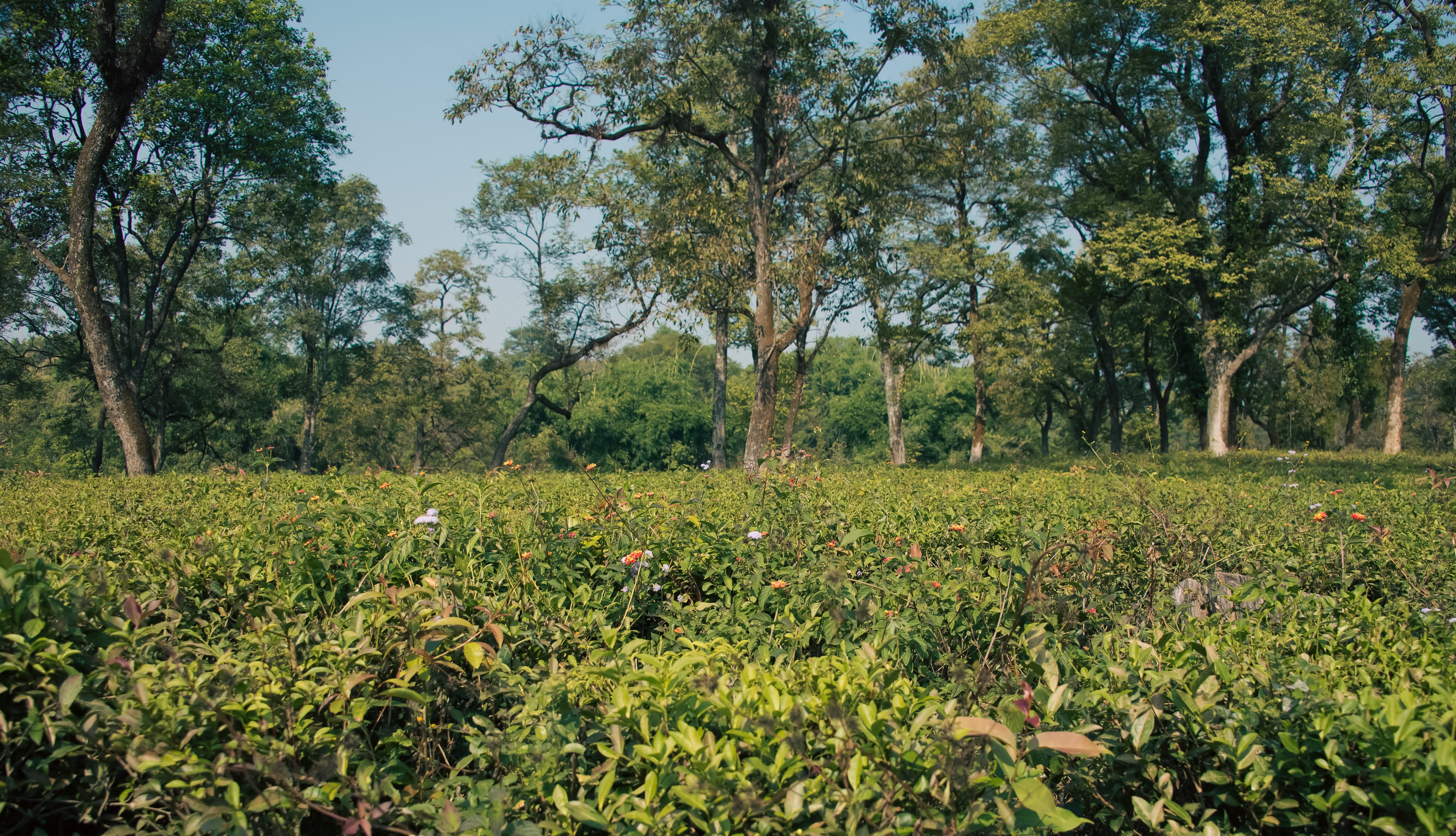


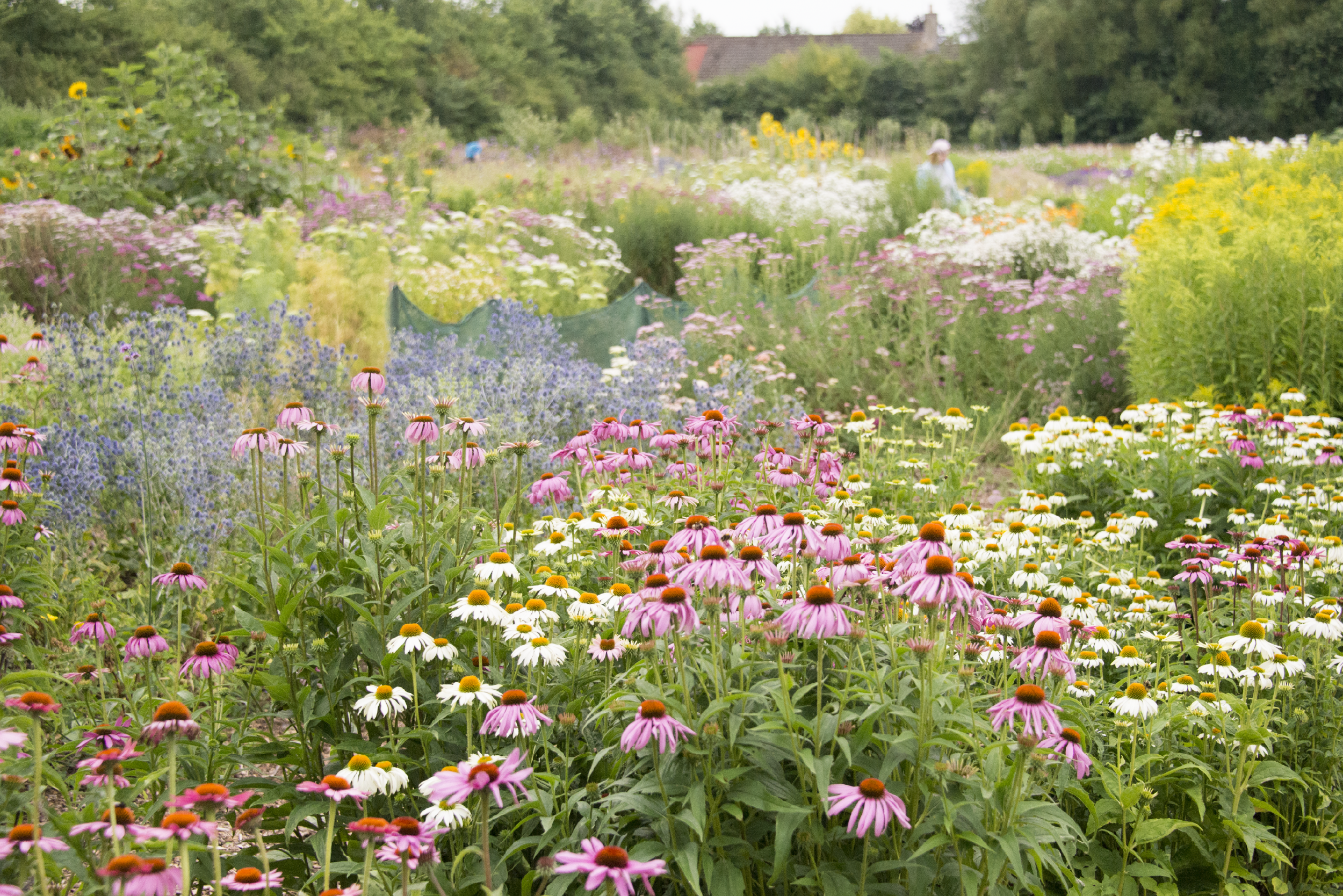
100%
0
98%
of Pukka’s herbs are organic
pesticides in our estates in Kenya and Rwanda.
of our tea is Rainforest Alliance certified
High-yielding, resilient crops are the key to helping farming communities prosper in a healthier environment. On our high-altitude tea estates, we use integrated pest management (IPM) practices to control pests and diseases, so we don’t apply pesticides. This greatly benefits the soil’s biodiversity – and a healthy soil with plenty of organic matter retains much more moisture, making our tea more resilient to the impact of extended dry periods caused by climate change. We also share knowledge and training on IPM with our out-growers, so their soils also flourish.
Going beyond our supply chain
Our goal is to help the wider industry minimize its environmental footprint. In Kenya, some 1,500 smallholders use our improved tea varieties and we provide training on good agricultural practices to more than 2,200 smallholder suppliers. The resulting increases in yields should help the Kenyan tea industry meet rising demand without encroaching on more natural areas.
